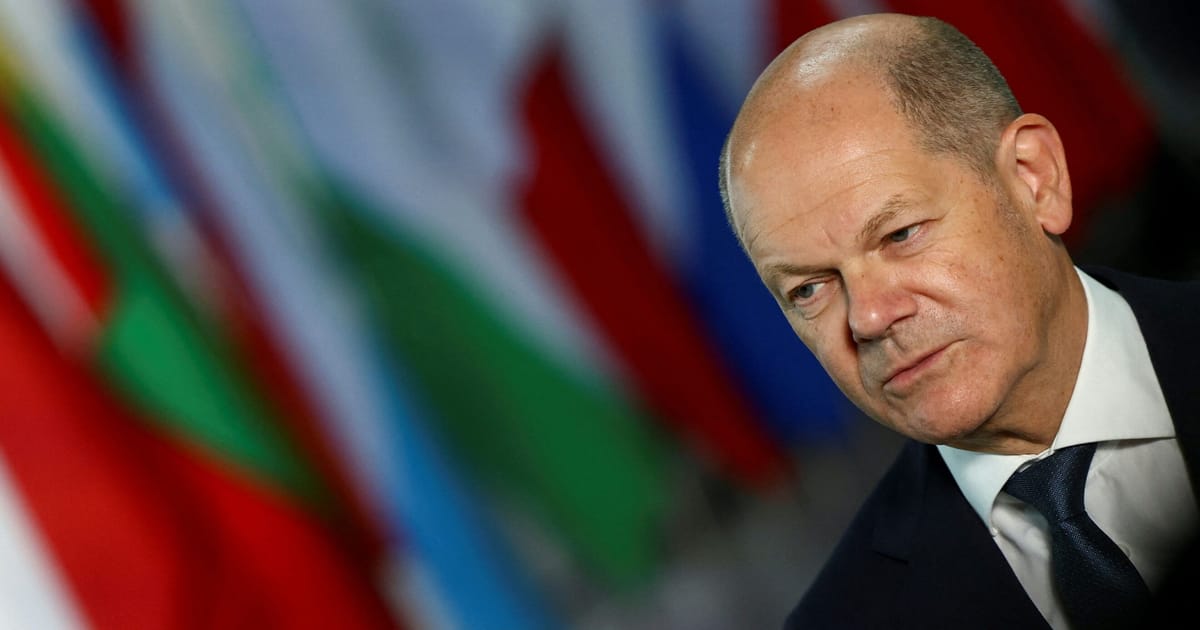In the run-up to the EU-CELAC Summit on 17-18 July, the EU – Latin American and Caribbean (LAC) Forum brought together youth, civil society organisations and associations of local authorities to strengthen the EU-LAC partnership, accompanied by other relevant actors in a multistakeholder collaborative approach.
A key focus of the EU-LAC Forum was exploring how young people, civil society and local authorities’ concerns and proposals for both regions could be best incorporated into the bi-regional dialogue between the EU and LAC, and by extension inspire the Global Gateway, the EU’s positive offer to build sustainable and trusted connections with partner countries.
Commissioner for International Partnerships, Jutta Urpilainen, said: “The EU – Latin America and Caribbean partnership builds on equality, dialogue, and respect for our common values and social cohesion. It is a partnership that benefits first and foremost the people. All of these topics have been central to our discussions at the Forum. Under Global Gateway, we are accelerating our strong shared commitment to the fair, green, and digital transition – and we respect and support the value of effective multilateral cooperation.”
The outcome of the Forum was the preparation of three complementary sets of recommendations from youth, civil society and local authorities. These valuable contributions will be presented to the attention of the Leaders during the EU-CELAC Summit. The full set can be found here:
At the Opening of the EU-LAC Forum, European Commissioner for International Partnerships, Jutta Urpilainen gave a keynote address to the forum alongside Minister for Foreign Affairs of Spain, José Manuel Albares Bueno and Shawn Edward, Minister for Education, Sustainable Development, Innovation, Science, Technology and Vocational Training of St. Lucia. Minister of Youth Rafael Feliz from Dominican Republic and European Commissioner for Crisis Management, Janez Lenarčič alsoparticipated in the forum with a keynote address.
During the forum an inclusive and meaningful exchange was led by representatives of non-state actors, youth and local governments about joint opportunities to build a more sustainable and inclusive future for both regions. The forum focused on key issues such as: civic space, human rights and democracy; culture, education and skills; gender equality, care societies and health; human security, social justice and fight against organised crime; and migration and displacements. Inequalities and just, green and digital transitions, as well as sustainable and inclusive economies were also addressed. All these issues are central concerns of Global Gateway and its approach to strengthening relations with partner countries.




